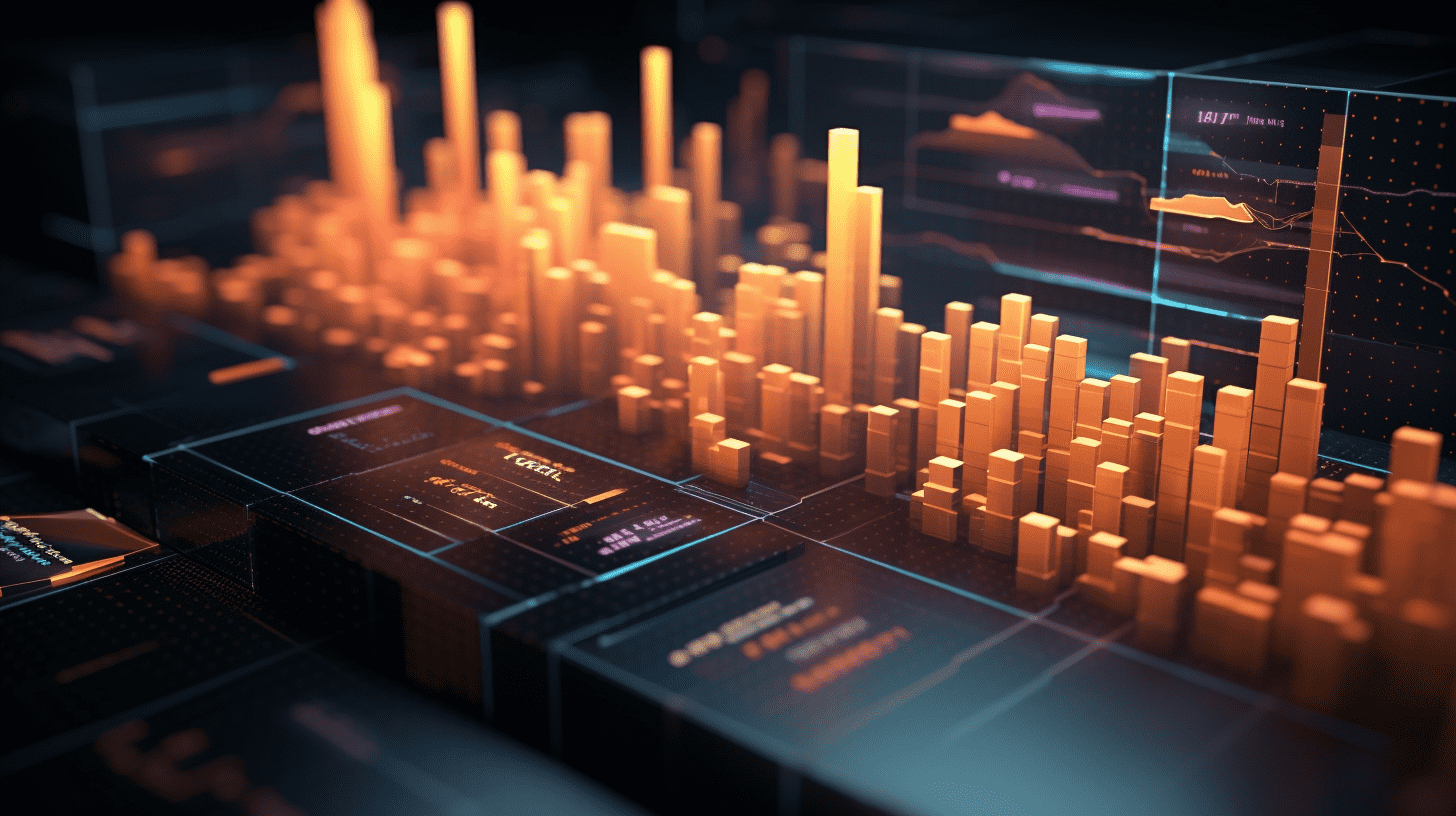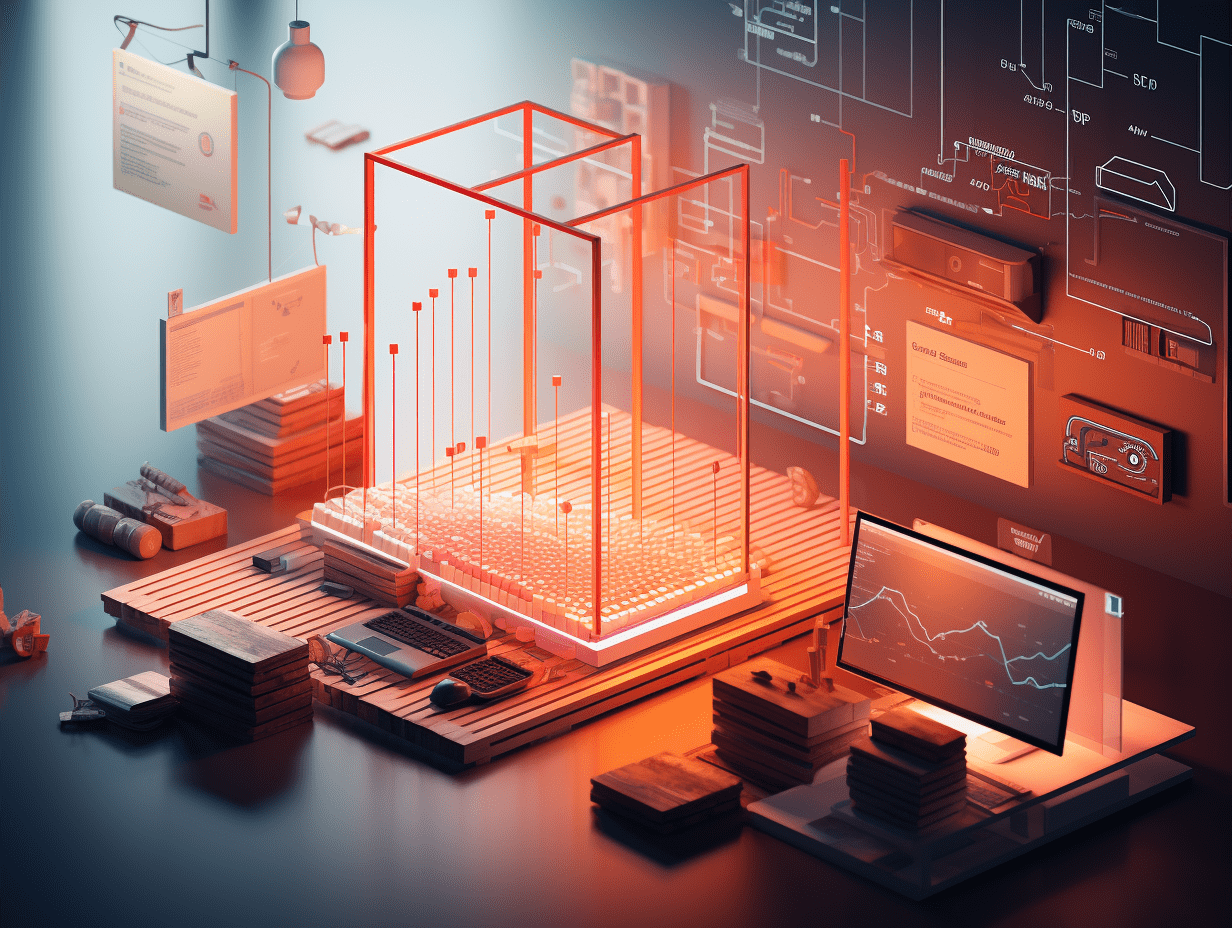
Tariffs "The Wolf is Coming" forces out consumption frenzy: Americans stage "panic buying" as businesses throttle inventory acceleration.
The latest economic data confirms the rumors in the market: faced with the Damocles sword of tariff increases, American consumers are starting a wave of "precautionary shopping spree". March retail data recorded the largest month-on-month increase in over two years (1.4%), with car sales leading the surge by 5.3%, and import-dependent goods such as building materials and electronics also showing significant growth.
The catalyst for this consumer frenzy was the 25% import tariff plan announced by the Trump administration at the end of the month. Reports from the US Department of Commerce and comments from major bank executives both point out that consumers have shown strong consumption resilience under the uncertainty of tariff policies. Although consumer confidence index is currently hovering near the lowest levels since the 1950s, this rush of purchases temporarily masks the impact of low confidence.
Although the implementation of tariffs is temporarily suspended, the policy reversals have deeply affected consumer expectations. The data for March included Trump's announcement and subsequent suspension of high tariffs on countries around the world, as well as the increase in tariffs on most Chinese goods to 145%. During this period, the high uncertainty about future prices prompted consumers to make purchases in advance.
Amid tariff anxiety: consumer shopping frenzy surges, businesses race to clear inventory
In the automotive sector, the White House's 25% tariff on imported cars will significantly increase the production costs of cars, with a large portion being passed on to consumers. Estimates by the Anderson Economic Group show that if the tariffs are implemented, the prices of ordinary imported cars could rise by at least $2,500, while Deluxe Corporation models could potentially increase by $20,000.
This expectation directly led to a collective action of "buying before prices rise" - Hyundai's March sales hit the second highest record in history, and this strong momentum continued into April. Ford's retail business surged by 19% year-on-year, while Honda's overall sales increased by 13%.
Jose Munoz, CEO of Hyundai, stated: "April has started very well for us. Many people are thinking, 'I have to buy a car in the next few months', so buy it now, because prices may rise."
Some car manufacturers have tried to alleviate consumer anxiety. Hyundai promised to keep prices stable until June 2, while Ford and Jeep manufacturer Stellantis NV announced marketing plans to offer models at employee prices.
On the business side, the same "race against time" drama is playing out. Manufacturers are accelerating inventory clearance, while retailers are stocking up early. Data shows that factory output in the first quarter increased by a strong 5.1%, the highest since the end of 2021, as many customers increased orders before the impact of the tariff adjustments took effect.
In addition, the world's largest retailer Walmart Inc. stated that despite the turmoil caused by tariffs, they are confident that the company will achieve its financial goals this year. Walmart Inc. expects net sales to increase by up to 4% by 2025. JPMorgan's report shows a 7% year-on-year increase in credit card spending, all shining with the shadow of "tariff anxiety".
Although the tariff threat temporarily boosted the performance of some retailers, market volatility and the prospects of the US-China trade war have led to suspended investments and hiring by businesses. Consumers and businesses both express anxiety about this uncertainty, making it difficult to plan ahead and unsure of what to do next.
The contradiction between confidence freezing point and consumer frenzy, can "doomsday consumption" support the economy for how long?
It is worth noting that while consumer confidence index is at historical lows, wallet votes are showing the opposite trajectory. The story of 32-year-old Jacob Thompson is quite representative: earlier this year, he started looking into new cars, partly due to concerns about potential changes in tariffs and tax breaks for electric cars. He eventually made up his mind in mid-March and bought a 2025 Kia Niro electric car.
This "rational panic" has also spread in the home renovation market, as 39-year-old Michelle Bacarach, founder of the artificial intelligence home company FindMine, plans to buy all the materials needed for home renovations in the next 90 days, and both she and her husband decided to upgrade their phones early, otherwise they would have to buy before the tariffs take effect.
Economists have contradictory views on this phenomenon. On one hand, rushing consumption does push up short-term data - the Atlanta Fed has revised its GDP estimate for the first quarter from negative growth to -0.1%, with retail contributing significantly; but on the other hand, this "borrowing from the future" behavior is not sustainable.
Despite economists raising the possibility of the US slipping into an economic recession, the labor market remains strong, with continuous income growth. These are the main factors driving consumer spending. Economists now need to figure out how long the prosperity of retail sales will last, and what will happen next.
If the data for March was driven by the rush to avoid future price increases, spending in the coming months is likely to slow down. EY economists warn that as the tariffs take effect, consumer spending in the fourth quarter may plummet, with price-sensitive expenditures being hit the hardest.
The uncertainty brought about by policy reversals has spread to the investment field. Businesses have halted expansion plans, and the hotel and airline industries are suffering due to a sharp decline in international travel. However, the labor market remains resilient, with wage growth becoming the last straw supporting consumer spending.
JPMorgan's CFO Jeremy Barnum said that there will be a certain level of upfront investment and spending before people expect tariffs to lead to price increases. He added, "In this transition period and heightened uncertainty, you may see some distortion in the data, making it difficult for us to draw more comprehensive conclusions."
This consumer frenzy triggered by tariffs is like an economic body's stress response to policy stimuli. When the rush to buy fades, whether the US economy can find new momentum will become the touchstone of its resilience. After all, building an economy on expectationsThe prosperity built on panic is ultimately just a mirage."Bonjour, comment a va?"
"Hello, how are you?"
RECOMMEND
©️2013 - 2025 GMT EIGHT Holdings. All Rights Reserved.
Contact: [email protected]


